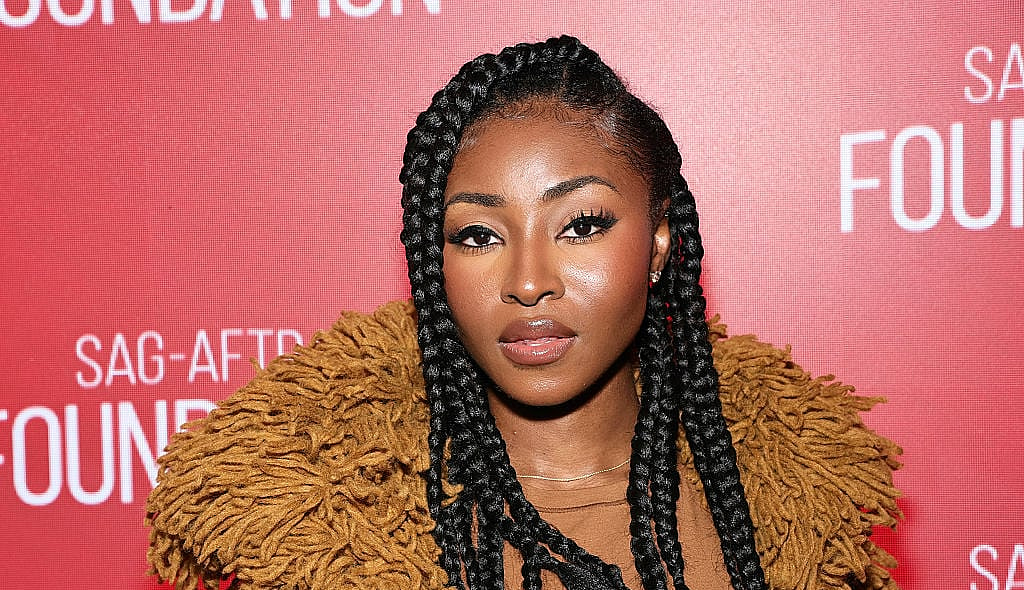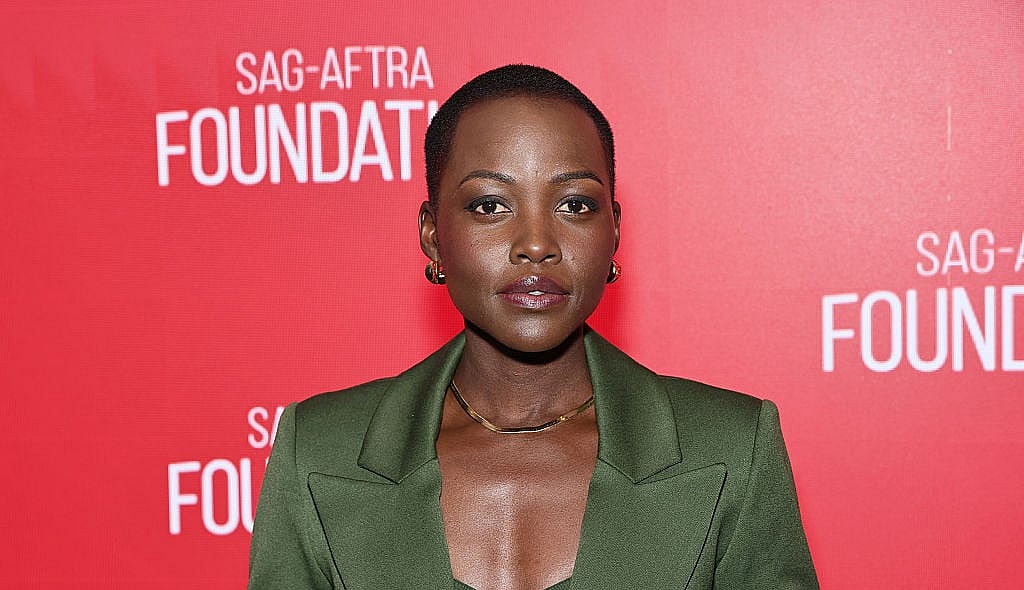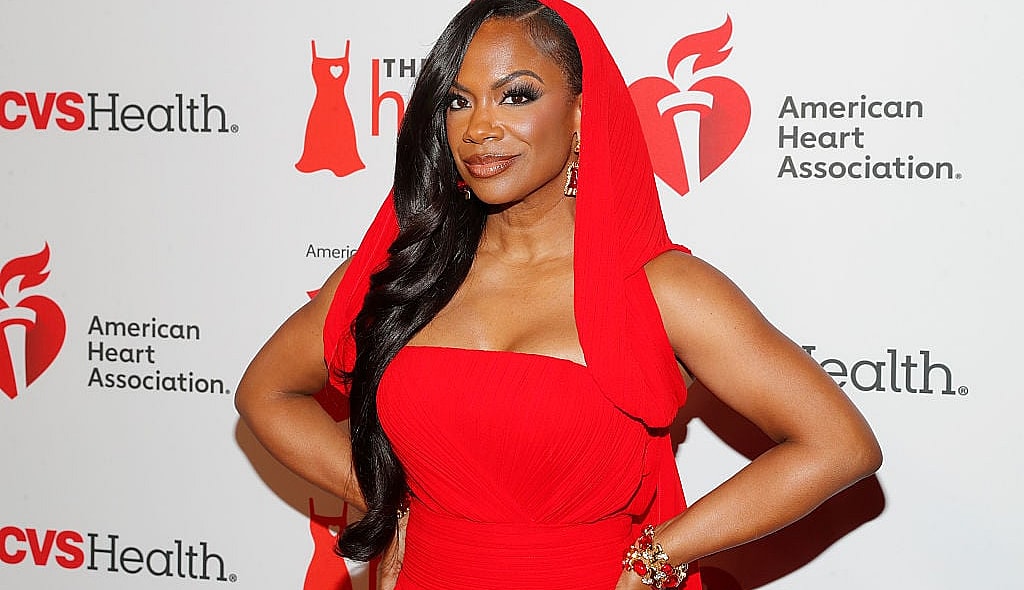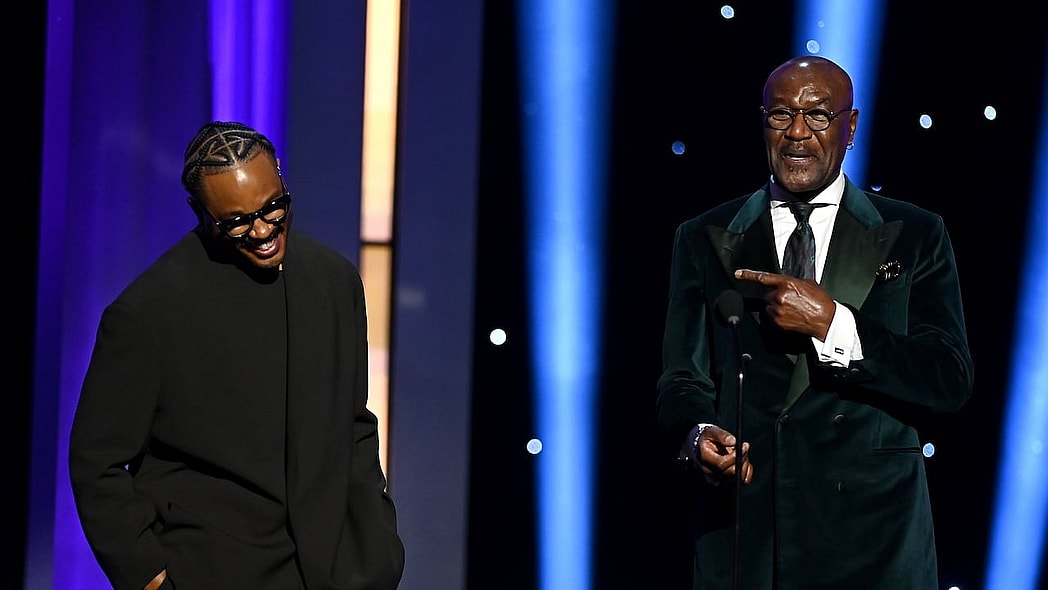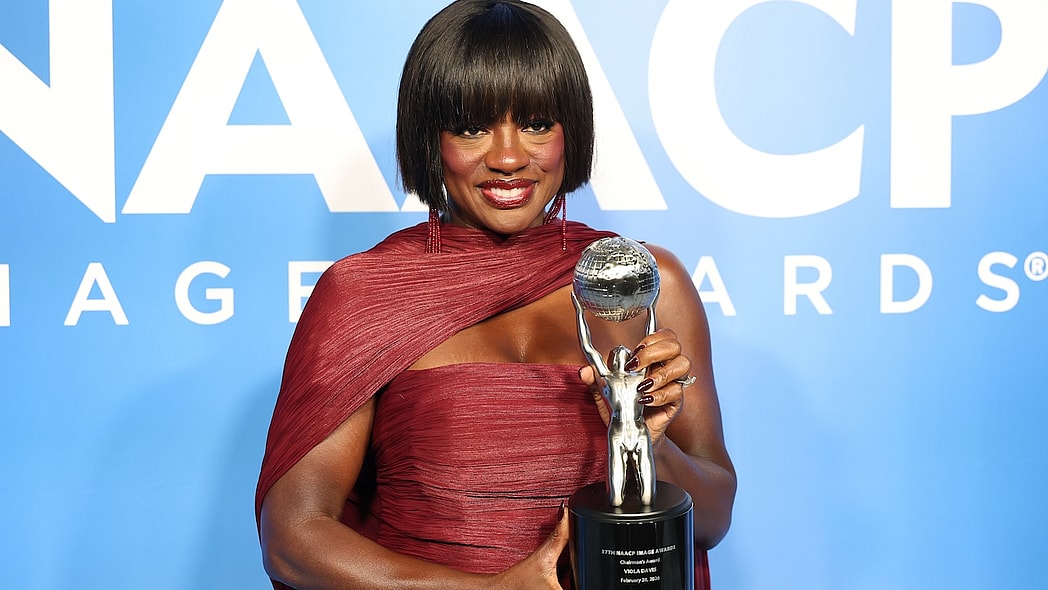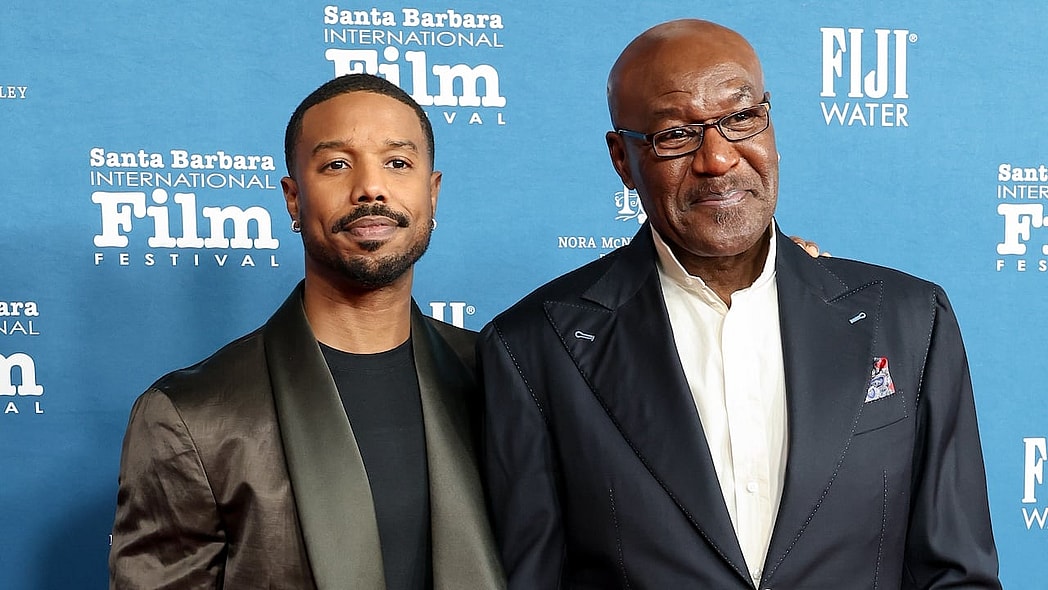Editor’s note: The following article is an op-ed, and the views expressed are the author’s own. Read more opinions on theGrio.
As a public service to my reading audience, I took it upon myself to download Sam Forster’s “Seven Shoulders” on Kindle Unlimited so y’all didn’t have to.
The book is free for me to read with my KU subscription, and that’s the only reason I did it. Well, that and the morbid curiosity I mentioned in my previous column about this obvious rage-farming as performance art disguised as journalism.
Sam Forster is trolling us.
That is the only possible explanation for what can only be described as the most misguided and naive display of a lack of self-awareness wrapped in pompous self-importance and arrogant ignorance I have ever seen.
Allow me to elaborate.
It is evident from the outset that Forster is either fundamentally unaware of or willfully and actively ignoring the fraught and expansive history of American race relations – particularly as it pertains to Black people.
He refers to Black people as “Blacks” (capitalized at least!) throughout the book, and that was my first clue – beginning in the overly long preface and introduction of the book – that this was going to be one long ride through a pile of b.s.
He begins by saying he often feels like he is “the only person within a thousand miles” who understands what the word “institutional” in the phrase “‘institutional racism’ means.
“If you want to read a book that affirms your ethical intuitions about rightness or wrongness, go read something else,” he writes in the preface, adding that he didn’t write this book to bemoan America’s racial history in “highly emotional and moralizing terms.”
He then goes into a long, drawn-out explanation of the three previous times “journalistic blackface” (his phrase, not mine) has been “performed” in history — noting Ray Sprigle, “Black Like Me” author John Howard Griffin, and Grace Halsell, who wrote the 1969 book “Soul Sister.”
Forster says that even though it had already been done three times before, he “had no choice but to do it” as well.
“Though only for a short window, I became Black. I experienced the world as a Black man,” he wrote.
There are no good intentions here.
He also goes to great lengths to explain how “journalist blackface” is totally different from “minstrel blackface.”
Recommended Stories
In my previous column, I outlined some of the reasons his blackface experiment was invalid from the outset.
You cannot buy an afro wig and brown contact lenses from a costume store, the darkest Maybelline foundation shade you can find at a CVS, make yourself up in this costume and think you have miraculously taken on the totality of the experience that is being Black in America every single hour of every single day of your life.
There’s no way you quantify that experience unless you are actually Black and living it.
He claims this experiment is necessary because he is the first white person to do such a thing in a “post-Rodney King America”; a “post-Obama presidency America”; and a “post-Trayvon Martin, post-Eric Garner, post-Michael Brown, and post-George Floyd America.”
He makes a big deal about the fact that he didn’t ask permission from any Black people before he did this, as if it’s not obvious by the fact that he actually did it and published a book about it and then proceeded to brag about it on Twitter like he did his big one.
“After a brief bit of reflection, however, I decided that seeking this sort of affirmation was wholly unnecessary.”
This man is unserious. This man is trolling us.
“… I am convinced that prefacing this book with a tepidly written note from a Black person would have struck the entirely wrong tone,” he wrote.
You mean like this entire “experiment” and book?
I’m already 600 words into this, and I haven’t even told y’all about the fact that he purposely did not include pictures of himself in his “Black man” costume because he recognizes the reality of the pain Black people feel when they see someone in blackface, and he doesn’t “want to induce it needlessly, especially when doing so offers no value to my book as a literary object.”
Please BFFR.
He addresses the idea that he could have just spoken with Black people about their lived experiences, saying, “Many such books have been written — both by Blacks and by Whites — and most of them are tremendously boring.”
“The fact that American Blacks have a different perspective than American Whites does not mean they have a broader perspective.”
This. Man. Is. Trolling. Us.
It is when I reached the following quote that I decided it would be totally unnecessary for me to go any further into the book (although I did because I was curious as to how he would land this crap):
“Nobody has an experiential barometer with respect to race, for that matter … nobody except for me…”
“And you may say that my barometer is imperfectly calibrated. You may say that I haven’t lived enough Black life for my barometer to be useful. Say what you will. My barometer is better than anyone else’s.”
Girl.
I could go on and on about how there’s one chapter called “Becoming Black,” or how he sets up his experiment with the hypothesis that institutional racism is no longer a problem in America and that intrapersonal racism is less of a problem here than people think.
He says that the Black experience is not interesting to the average American reader.
But the best part is how he went about his experiment, and by best I mean, please BFFR in all caps with a bunch of exclamation points behind it that my editor will not let me get away with.
The book is called “Seven Shoulders” because Sam Forster picked seven shoulders of road across the U.S. to attempt to hitchhike and see if people would pick him up and give him a ride as both a Black man and a white man.
Let me repeat that.
The way Sam Forster claims to have studied American intrapersonal racism (which he says is constantly conflated with institutional racism) is to stand on the side of the road in seven different places, both as a Black man and as a white man, to see how people would respond to him when no one was looking.
That, he concluded, would be the basis for how he could observe whether race is still a big issue in America.
Never mind the fact that this is 2024 and no longer Jack Kerouac’s America where people willingly picked up hitchhikers on the side of the road with no thought or worry for their own personal safety.
This man really wrote that his attempt at studying race was to see if people would stop for hitchhikers on the road.
I don’t think I need to say anything else about this steaming pile of excrement.
If (some) white people don’t have nothing else, they are going to have the temerity to show their asses each and every time they are afforded the opportunity to do so.
This is one of those times.
I was curious about Sam Forster, so I did a little digging on my own. I found his Substack, which I will not link to because eff him, and of particular interest is a post from October in which he talks about having spent the entire summer – the same summer where he was allegedly hitchhiking in America as a Black man — in Montreal. In the same post, he alludes to the fact that he may have done something “bold or daring or pioneering,” but he also mentions that he can’t talk about it.
I also gather that he’s only about 26 years old and still pretty new to his “journalism” career.
If he is actually serious about this, then I believe he should never be able to be employed or contracted as a journalist again.
If this is, in fact, a troll, like I think it is, then he should be paid the dust he deserves.
Either way, eff you, Sam.
There were so many places you could have gone to play, but you chose to play in Black people’s faces.
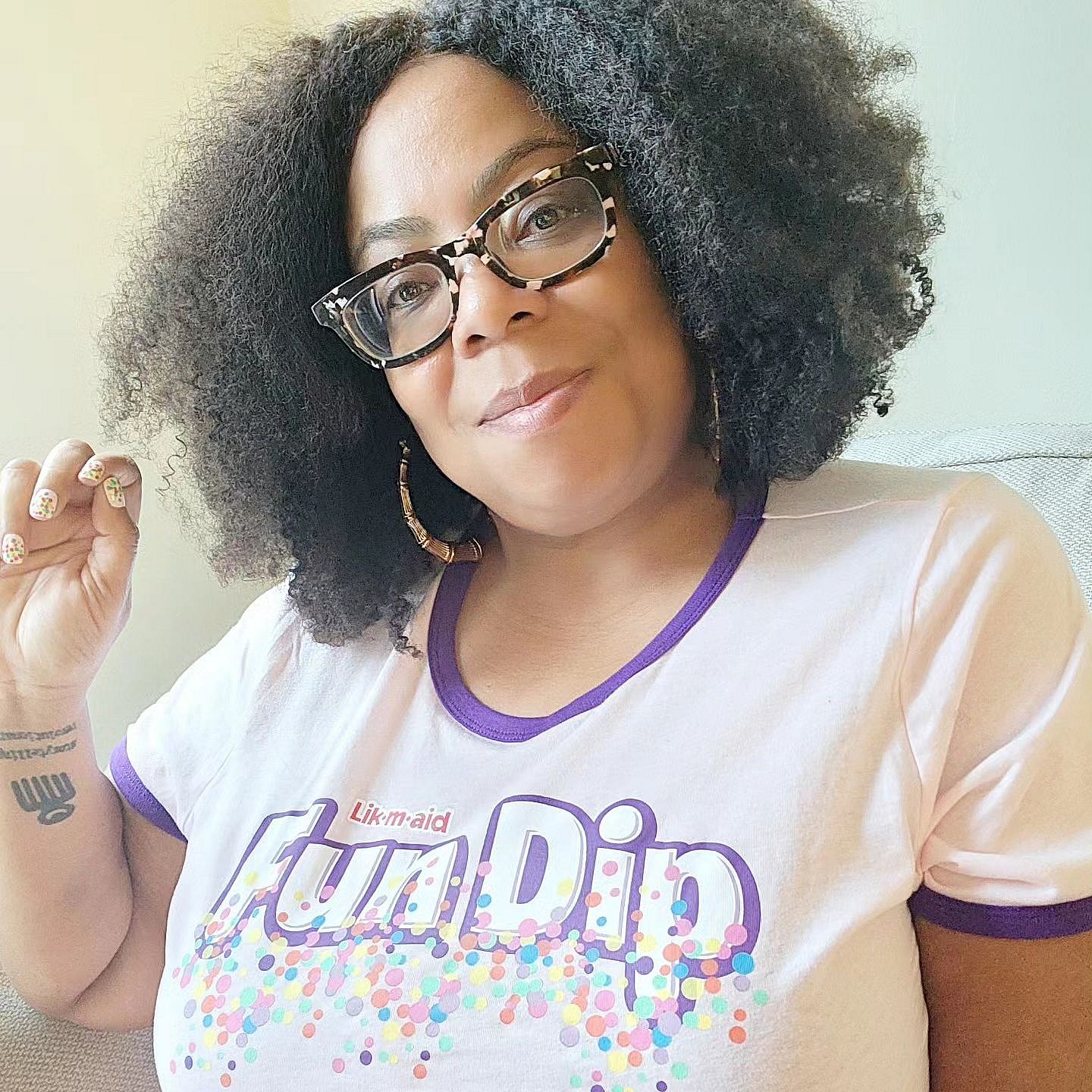
Monique Judge is a storyteller, content creator and writer living in Los Angeles. She is a word nerd who is a fan of the Oxford comma, spends way too much time on Twitter, and has more graphic t-shirts than you. Follow her on Twitter @thejournalista or check her out at moniquejudge.com.


